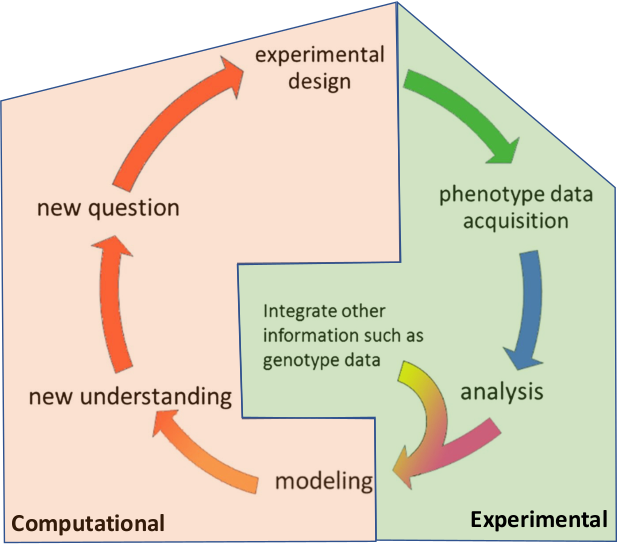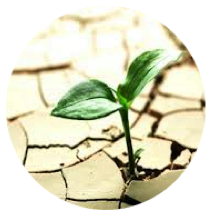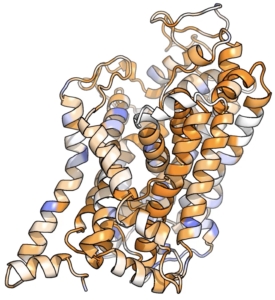Overview Research

Shukla group is developing computational and experimental methods to enable the investigation of biological systems in atomistic detail. As we move from a static structural picture to a dynamic ensemble view of protein structure and function, novel computational and experimental paradigms are required for obtaining quantitative understanding of biological phenomena.
- Computational Methods Development. Develop AI/ML and molecular dynamics simulation based methods for mechanistic understanding and design of molecular systems.
- High-Throughout Experiments. Engineer proteins and chemicals using high-throughput experimental techniques in synergy with machine learning methods.
- Mechanistic understanding of molecular systems. Develop and employ computational and experimental tools to elucidate mechanistic principles that regulate function at the molecular scale. In particular, our group is focused on two specific problems of chemical perception and molecular transport.
Projects Research
Methods AI + Simulation
Developing computational methods to enable investigations of rare events associated with biophysical process. 
Molecular Medicine
Our group is interested in deciphering the mechanisms of regulation of protein function with a particular focus on G-protein coupled receptors (GPCRs) and membrane transporters.

Molecular Plant Biology
We employ computational and experimental techniques for interrogating protein dynamics to investigate regulation of plant proteins such as membrane transporters and hormone receptors to guide future crop innovation.

High-throughput AI + Experiments
We are employing high-throughput experimental methods to decipher sequence-structure-dynamics-function relationship for protein engineering and drug design.



